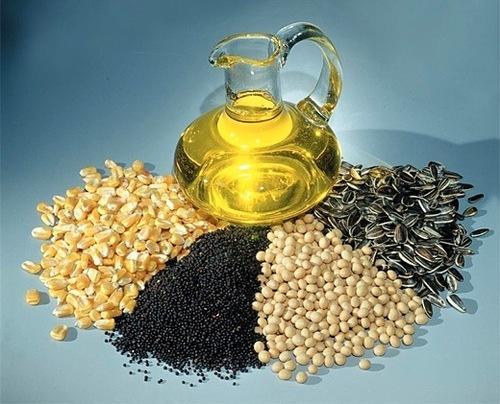To further lower prices, the government on Tuesday declared it would release an additional 20 lakh tonnes (lt) of wheat into the market through the open market sale system (OMSS). The notification is made one day before the following round of wheat auctions to sell 11.72 lt. As of now, it has been determined to sell 50 lt (30 lt + 20 lt) of wheat through an open market sale strategy (OMSS). The Food Ministry stated in a statement that the decrease in reserve price together with increased off loading of 20 lt will help to collectively lower the market price of wheat and wheat products for customers. The first round of the auction took place on February 1 and the second on February 15.
Data from the Consumer Affairs Ministry show that during the past three weeks, the average retail price of wheat throughout all of India decreased to 33.15/kg from 33.47/kg. Retail market prices for atta have decreased to 37.63/kg from 38.02/kg. Sanjeev Chopra, the food secretary, reportedly evaluated the lifting of stockpiles after 3.84 lt were sold in the second round of the online auction, according to the Ministry. According to reports, Chopra counseled flour millers to lower the cost of atta (wheat flour) and other goods to match the decline in the market price of wheat.
Sources claim that the government warned millers and traders that if atta prices do not decrease, additional action would be taken. When questioned about whether the government had suggested lowering the reserve price further, the source noted that any such move would depend on the outcome of the electronic auction that is set for Wednesday. The government might make another price adjustment on Friday, according to the source, if the offtake declines from the level of the second round. According to sources in the private sector, the government aims to reduce the price of wheat in the mandi (market) down below the MSP so that farmers can sell their goods to FCI.
The government will continue to focus on controlling inflation, for which various initiatives have already been taken, according to Finance Minister Nirmala Sitharaman, who made the statement at a post-Budget conference with stakeholders on February 20 in Jaipur. After declining for two months, retail inflation as measured by the Consumer Price Index (CPI) broke beyond the RBI’s upper tolerance limit in January and increased to 6.5 percent from 5.72 percent in December as a result of higher cereal prices.

